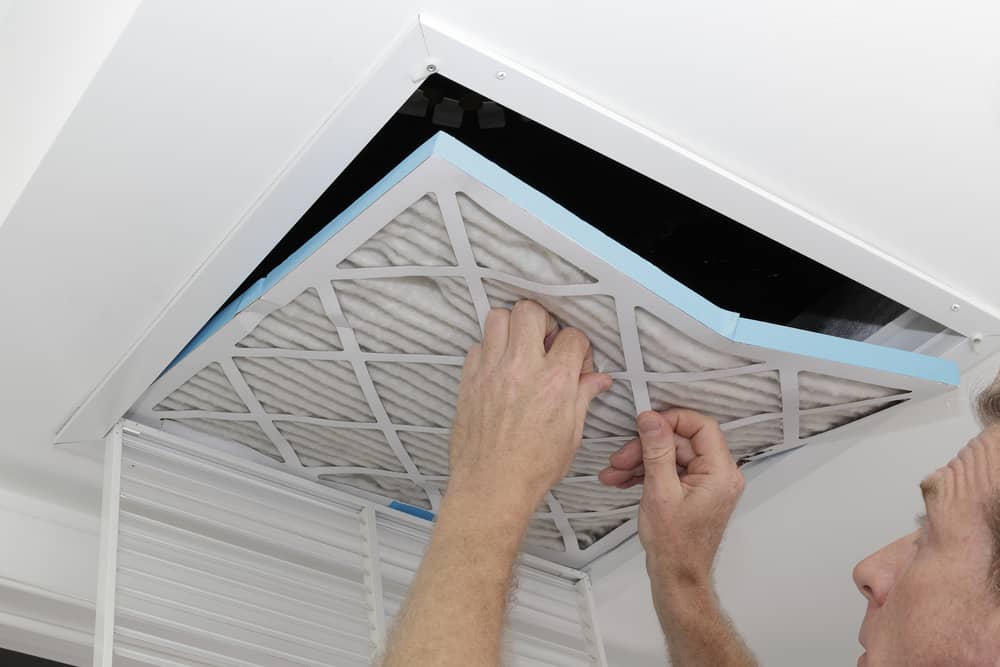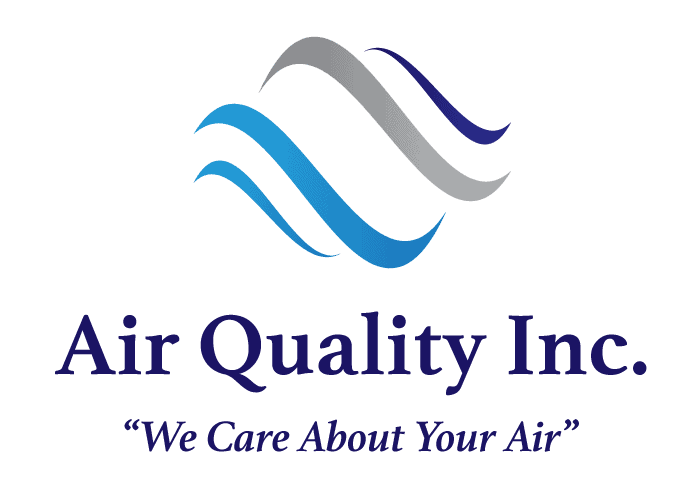Do you find that you or one of your family members is constantly sick? Or do you consistently have mild symptoms such as general fatigue, raspy throat, watery eyes, or sneezing? Do you live next door to a business that you suspect is polluting the air around your home? Do you or a family member have asthma?
If any of your answers to these questions is yes, you may be interested in testing the air inside your home. You might be interested to discover that indoor air is commonly many times more polluted than outdoor air.
Unfortunately, your indoor air may be surprisingly polluted with mold, allergens, or other pollutants.
What is Indoor Air Quality Testing?
Indoor air quality testing involves a professional trained professional coming to your home to take accurate samples of your home’s air to identify things such as mold, allergens, and pollutants — depending on what you want to test for.
For example, if you suspect that your indoor air is contaminated with mold, our professionals can perform an ambient air mold test. This involves utilizing an adhesive spore trap that can capture 150 cubic liters of air in just 5 minutes. The sample is compared to an outdoor baseline. This type of test can identify how much mold is in your air as well as what type of mold.
On the other hand, you can also test for things such as particulate in the air. This test can identify invisible particles in the air as small as 0.003 microns in size. This can be an excellent indicator of air quality problems.
Your home air can also be tested for pollutants such as Formaldehyde, Carbon Monoxide, Petroleum Hydrocarbons, Acetone, Chlordane, and any airborne chemical compound that is of concern.
Why do You Need to Test Your Air?
Indoor air quality is directly related to your daily health. Poor indoor air quality that goes untested can continue to make you and your family members sick, weaken their immune system, and even land them in the hospital. Once you understand your air quality and what is causing poor air quality, you can then take the correct steps to correct the situation.
How Can You Test Your Indoor Air Quality?
Contact our air quality experts today to discuss the best tests for your home. We will then come to your home at a time that is convenient for you to test for any contaminants that may be polluting your air quality. Some tests can be read immediately, while others must be sent to an independent lab for identification. DIY home tests are unreliable and Consumer Reports, as well as industry professionals, strongly recommend against them. DIY home air quality and mold tests are notorious for giving false positives. If you want an accurate understanding of your home’s indoor air quality, trust the professionals. Contact us today.




